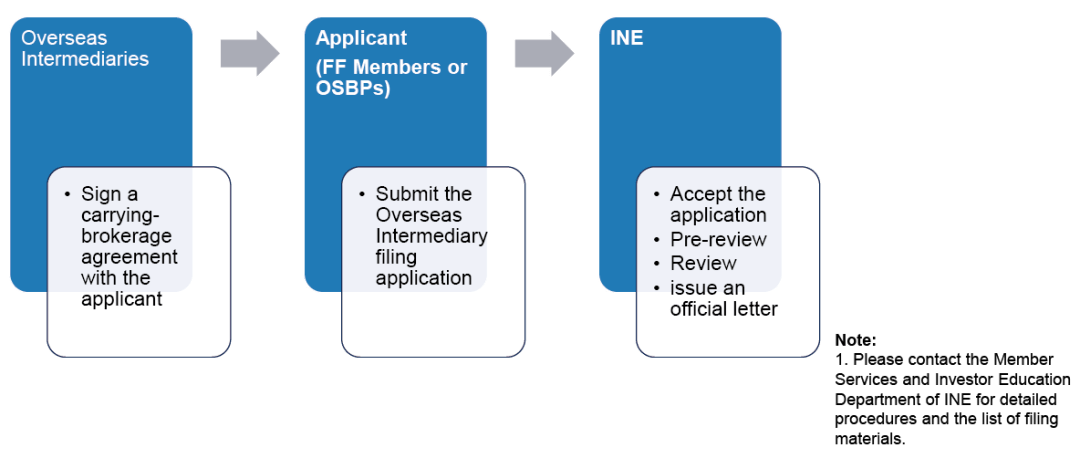Understanding Loan Closure: A Comprehensive Guide to Finalizing Your Loan Process
Guide or Summary:Loan Closure refers to the final steps involved in settling a loan agreement. It signifies the end of the borrowing process, where all outs……
Guide or Summary:
#### What is Loan Closure?
Loan Closure refers to the final steps involved in settling a loan agreement. It signifies the end of the borrowing process, where all outstanding dues are paid off, and the borrower officially concludes their financial obligation to the lender. This process can include various steps, such as paying off the remaining balance, obtaining a no-objection certificate, and ensuring that all legal documentation is properly filed.
#### Importance of Loan Closure
The significance of Loan Closure cannot be overstated. It not only marks the completion of your financial commitment but also has implications for your credit score and future borrowing capabilities. A successful loan closure can positively impact your credit history, demonstrating to potential lenders that you are responsible and capable of managing debt.
#### Steps Involved in Loan Closure

1. **Pay Off the Remaining Balance**: The first step in Loan Closure is to ensure that all outstanding dues are cleared. This includes the principal amount and any accrued interest. It is crucial to verify the exact amount to be paid, as there might be additional fees or charges.
2. **Obtain a No-Objection Certificate (NOC)**: After the loan is fully paid, you should request a No-Objection Certificate from your lender. This document serves as proof that you have settled your loan and that the lender holds no claims over your property or assets.
3. **Collect All Relevant Documentation**: It is essential to gather all documents related to the loan, including the original loan agreement, payment receipts, and the NOC. Keeping these documents organized can help in any future financial dealings.
4. **Check Your Credit Report**: After Loan Closure, it is advisable to check your credit report to ensure that the loan has been marked as closed. This can help you identify any discrepancies and rectify them promptly.

5. **Understand the Implications for Future Loans**: Closing a loan can have various effects on your financial health. A successful closure can improve your credit score, making it easier for you to secure loans in the future. However, it is also essential to understand how this closure might affect your debt-to-income ratio.
#### Common Mistakes to Avoid During Loan Closure
1. **Neglecting to Request Documentation**: One of the most common mistakes borrowers make is failing to obtain necessary documentation after Loan Closure. Always ensure you have proof of closure to avoid potential issues in the future.
2. **Ignoring Fees and Charges**: Some borrowers overlook additional fees that may be due at the time of closure. It is crucial to clarify all costs associated with the closure process to avoid surprises.

3. **Not Checking the Credit Report**: Failing to monitor your credit report post-closure can lead to unresolved issues that may affect your ability to borrow in the future.
#### Conclusion
In summary, Loan Closure is a critical phase in the borrowing process that requires careful attention to detail. By understanding the steps involved and avoiding common pitfalls, borrowers can ensure a smooth transition from being a debtor to being debt-free. Taking the time to manage your loan closure effectively can lead to better financial health and open doors for future borrowing opportunities. Whether you are closing a personal loan, home loan, or any other type of credit, being informed and proactive will serve you well in your financial journey.